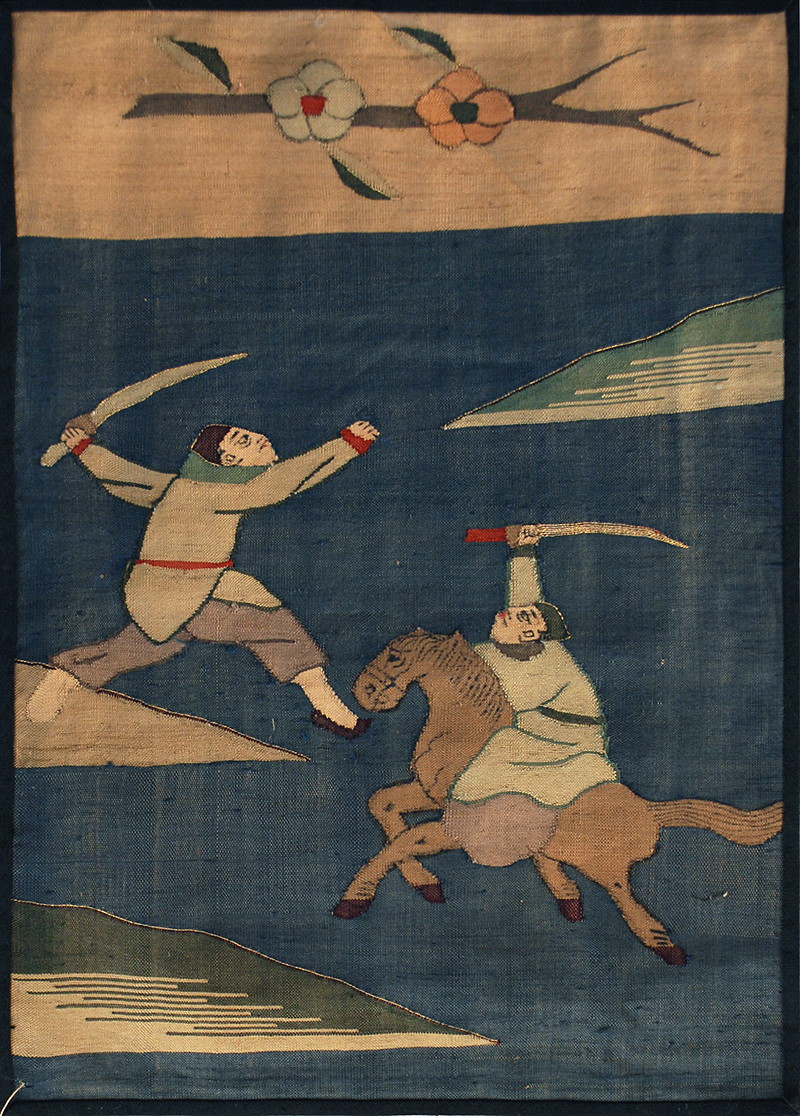The Legacy of Jacques Louis David

Today, August 30, 2012, marks the 264th birthday of Jacques Louis David (1748-1825), the embodiment of Neoclassicism. Jacques Louis David’s history paintings, such as the famed The Death of Socrates above, marked a shift in European artistic style from the levity of Rococo to a heightened drama and severity of line and mood that paralleled the atmosphere of the final days of the Ancien Regime (15th-18th century) in France. David was also at the tumultuous political forefront of the French Revolution, which overthrew the aristocratic sociopolitical system that had long governed his country.

Originally an adamant supporter of the French Revolution and his friend Maximilian Robespierre, and effectively a dictator of arts under the French Republic, David was imprisoned after Robespierre’s fall from power only to align himself with the new powers of the land upon his release; Napolean I. In his tempestuous career, David’s political alliances (and their consequences from accolade to prison to exile) fluctuated wildly but his loyalty to the tenets of Neoclassicism remained ever steadfast. Read more about the Legacy of Jacques Louis David on the Metropolitan Museum website.


